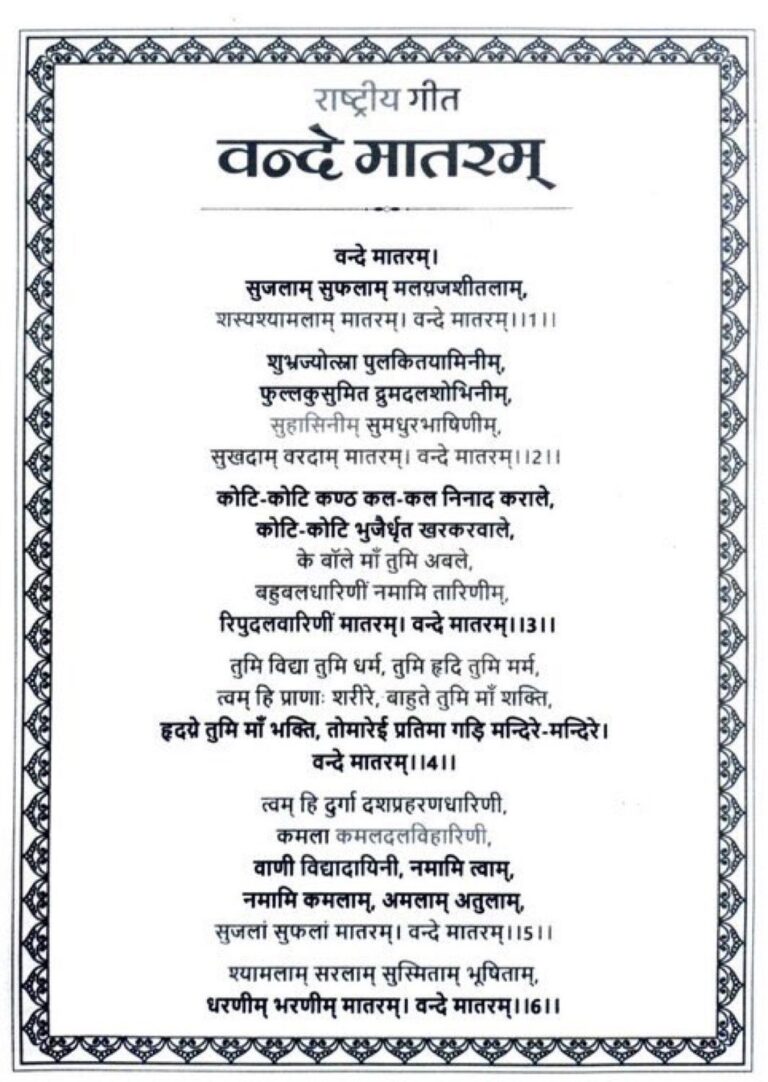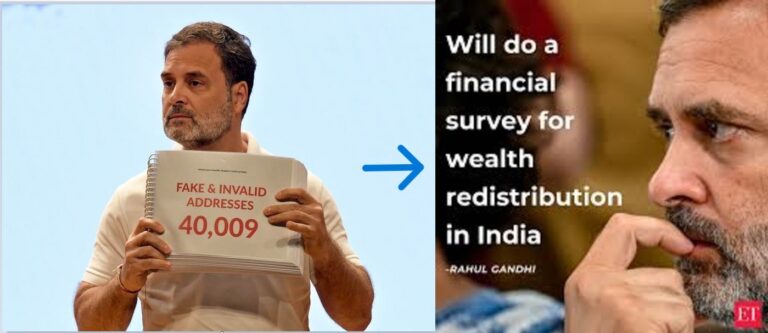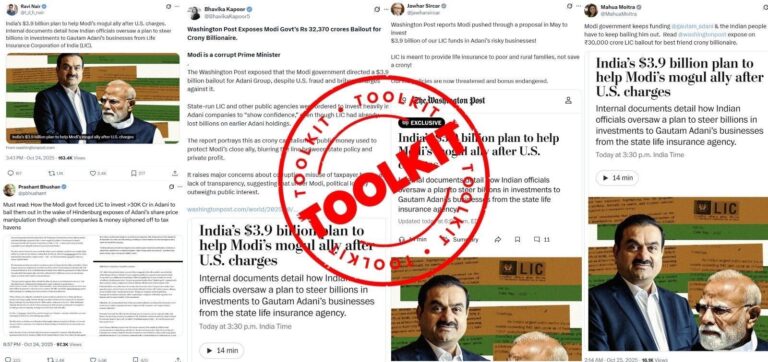The Impact of Irresponsible Media Coverage and Fake News on Military Operations

In the digital age, news spreads very quickly. This can help keep people informed, but it can also spread false information. Good reporting is essential for democracy, but bad reporting and fake news can harm national security. Military operations require secrecy, accuracy, and morale, areas that unaccountable reporting can compromise.
Compromising Operational Security (OpSec)
Live media coverage’s most dangerous consequence is its capability to disclose strategic military information to enemies. Terrorists and the enemy monitor live news in order to adapt their strategies, risking both civilians and military personnel.
26/11 Mumbai Terror Attacks: A Case Study in Reckless Reporting
The 2008 Mumbai terror attack (26/11) gives a grim demonstration of how irresponsibly driven media reporting serves the enemy. Throughout the 60-hour-long siege, Indian television channels had minute-by-minute reports of the movement of the commandos so that terrorists based within the Taj Hotel and Nariman House were able to revise their strategy real-time.
Terrorists watched live TV news to get information. For example, when NSG commandos tried to land on the roof of Nariman House, the terrorists’ handlers saw it on TV and warned them, making it harder for the commandos.
Leaking Tactical Plans: The reporters disclosed which structures were being cleared, enabling terrorists to realign within the hotel.
Civilian Endangerment: News outlets speculated on hostages, causing unwarranted panic and providing terrorists with bargaining power.
The extent of the damage was such that, after 26/11, the Indian government revised its broadcasting regulations, prohibiting live telecast of anti-terror operations.
Deteriorating Troop Morale
Sensationalized reporting and fake news have the potential to demoralize troops and their families. Negative, false, or exaggerated news can:
- Generate distrust among the ranks.
- Cause psychological strain on soldiers and their families.
- Disperse inaccurate casualty lists, creating pointless grief and unease.
Media outlets during the time of wars tend to overplay losses or doubt the capabilities of the armed forces, fueling public rage that undermines collective national will.
Misleading the Public and Undermining National Resolve
Public perception of the military is heavily influenced by media narratives. When misinformation spreads, it can:
- Erode trust in armed forces.
- Create confusion about national security policies.
- Fuel enemy propaganda, giving adversaries a psychological advantage.
For example, during border standoffs, reports of shortages in weapons, ammunition, or food supplies—without verification—can create panic and lower public confidence in military preparedness.
Interfering with Diplomatic Initiatives
Military actions are usually linked to diplomatic talks. Irresponsible reporting can:
- Increase tensions between countries.
- Give hostile countries a media narrative to use against the nation.
- Make peace negotiations more difficult by shaping public opinion against diplomacy.
For example, after India’s 2016 surgical strikes on terror camps across the LoC, some media reports revealed details that could have put future operations at risk.
Inducing Psychological Warfare and Cyber Manipulation
Fake news has also become a weapon in hybrid warfare, where misinformation is employed to:
- Create societal divisions.
- Demoralize troops through false propaganda.
- IInduce fear and confusion among civilians.
Adversarial parties make full use of social media to propagate false reports, which makes it increasingly difficult to discern fact from falsehood.
The Call for Sensitive Journalism
Freedom of the press is extremely important, but journalists need to tread carefully and exercise restraint in reporting on military activities. Certain measures are essential:
- Verification of facts prior to publishing sensitive material.
- Adherence to military instructions on maintaining secrecy about operations.
- Steer clear of immediate updates in counter-terror or military operations.
The 26/11 Mumbai attacks are a reminder of the need for ethical journalism. With fake news so easily weaponizable in today’s age, good reporting is not merely ethical—it is national security.
Author : Manan Bhatt is a Navy veteran, military historian, strategic analyst and an author. Tweets at Manan Bhatt





